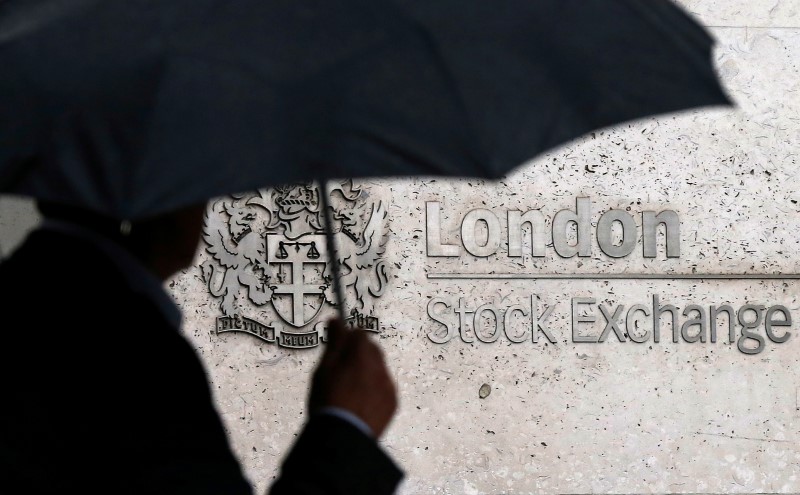By Huw Jones and Maiya Keidan
LONDON (Reuters) - A push by activist hedge fund TCI to oust the chairman of the London Stock Exchange (L:LSE) was heavily defeated on Tuesday, but that may not bring an end to the row.
LSE shareholders voted by 79.07 to 20.93 percent at an extraordinary general meeting, defeating a resolution that aimed to ditch Donald Brydon over the way he handled the departure of former chief executive Xavier Rolet in November.
TCI, which has a 5 percent stake in the exchange, was founded by Christopher Hohn, who called for the vote after accusing the board of forcing Rolet out.
A source close to TCI said the firm would keep up efforts to ditch Brydon, saying 20 percent backing for its resolution showed significant support among shareholders.
"Many of the large shareholders who voted against the resolution have informed us that they had asked the board to commence work on the chairman's succession plan immediately," Hohn said in a letter to the LSE after the vote.
The LSE said no large shareholder has expressed such a view.
"Today's vote should now lead to an orderly process of succession of the CEO and then the chair of the LSE as set out by the board," said the Financial Conduct Authority, the watchdog overseeing the stock exchange.
The spat has shone a spotlight on the 300-year-old exchange.
"This is a very sorry affair, which has brought considerable opprobrium on the company," Aubrey Franklin, a small shareholder for more than 20 years who backed the bid to remove the chairman, said during the meeting.
"This should have been an orderly succession process...however it has ended in a less than satisfactory situation for all concerned," said one top-30 shareholder who opposed the resolution but declined to be named, adding that the resolution had been "an attempt for a symbolic rejection of the whole board".
A string of institutional shareholders, such as BlackRock (N:BLK) and Aviva (L:AV), had said they would vote against TCI's resolution, making its defeat all but certain.
"It seems to me the old boys' network has got together and the establishment is winning out," Franklin said.
Paul Heiden, a senior LSE non-executive director, told the meeting the board unanimously backed Brydon to remain in his post until the annual meeting in 2019, adding that suddenly losing the chairman would destabilize the exchange.
David Warren, interim chief executive, said the exchange was positioned to grow under the strategy put in place by Rolet. "The group continues to perform well across all main businesses," Warren said.
Asked why Rolet quit early rather than stay until the end of 2018 as originally planned, Heiden said the former CEO was asked to step down after relations between him and senior management "became fairly strained."
TCI founder Hohn did not attend the shareholder meeting.
Brydon told the meeting that board members reached their decision collectively regarding Rolet's succession. "United, your board will proceed to complete the identification and recruitment of the next chief executive," he said.
Brydon has already interviewed six candidates, with another six in the pipeline, a source close to the exchange said.
Rolet is widely credited with turning a lackluster company into a larger and more diversified firm, but the Frenchman's attempt to merge with the German exchange Deutsche Boerse (DE:DB1Gn) collapsed in the face of regulatory opposition.
Britain's planned departure from the European Union in 2019 raises questions about the LSE's strategy at the heart of Europe's biggest financial center.
Deutsche Boerse is trying to take market share in clearing euro denominated derivatives from LSE, with tacit backing from euro zone policymakers.

Without a permanent CEO, the LSE may be more vulnerable to a takeover bid, although Brexit uncertainties may protect it for now.